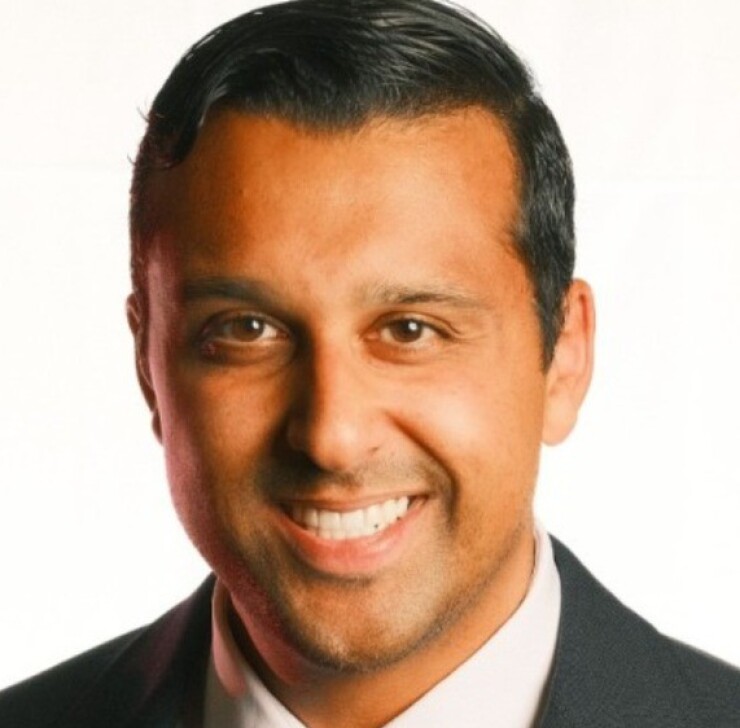Consumer advocates, insurers and insurtech providers are in a tug of war over who should cover the net cost of reinsurance (NCOR) in California. The state, unlike most other U.S. states, currently does not allow insurers to pass on reinsurance costs to policyholders.
However, the

"In states ranging from Florida and Texas to Iowa and Minnesota, we are seeing consumers who cannot find insurance or cannot afford the few policies that are available to them. In each one of those states, the net cost of reinsurance is built right into the rates that they pay. In fact, it's one of the reasons that they pay so much higher premiums than we face here in California," said Douglas Heller, director of insurance at the Consumer Federation of America, speaking in a December 5 workshop hearing hosted by the California Department of Insurance (CDI).
"It's really important to recognize that this primrose path that the insurers have laid out for us, that if we just allow the companies to pass through the cost of reinsurance, then things will settle down and the availability will increase," he continued. "In fact, in all of these other states, the crisis is upon them as it is upon us."

Reinsurers reduced their capacity in 2022, which "destroyed" the business models of smaller Midwest insurers, stated Birny Birnbaum, director of the Center For Economic Justice, in the workshop hearing. Louisiana's insurer of last resort raised rates 62% because of the increased costs of reinsurance, he added, and large national insurers have not returned to Florida after it allowed inclusion of NCOR in policy costs.

Insurers have to fully account for the costs of wildfire losses, stated Bryan Rehor, director of regulatory affairs at
"Simply using an average annual loss for rate calculations overlooks the reality that the full cost of a wildfire may not be borne by the insured due to reinsurance recoverables," Rehor said. "However, the cost of this reinsurance coverage must somehow be accounted for. It isn't reasonable to expect other states to subsidize California's wildfire risks, just as Californians shouldn't bear the cost of coastal risks in Florida."
California should be more concerned with getting insurers to use reinsurers, said Karl Susman, an insurance agency owner based in Los Angeles. "If they want the insurers in California to properly utilize reinsurance, which protects consumers, and utilize the tools that they have, we need to encourage the carriers, not discourage them, to use reinsurance," he said. "Insurers are literally penalized out of their own pocketbook if they do what we know is better for California consumers and purchase reinsurance."
Joel Laucher, preparedness advocate at United Policyholders, said the public needs more data on reinsurance costs, including loss projections and their potential impact on premiums. Ben Armstrong, an actuary at Consumer Watchdog, asked if CDI would investigate global reinsurance markets to determine what justifiable costs are, and whether CDI would analyze the impact on rates from capping reinsurers' liability. In November, Consumer Watchdog

Dinesh Moorjani, founder of Time Zero Capital, a Palo Alto-based venture capital fund investing in innovation, suggested another source to pay for NCOR – California income taxes.
"Let the income tax we pay be redistributed back to the homeowners for their insurance costs. Do not do a wealth redistribution by capping this benefit because of income tax," he said. "Whether you make $50,000 a year or you make $10 million a year, it doesn't matter. You are contributing as a taxpayer to the state of California. We should make sure that our insurance costs are reasonable. If you want to include reinsurance, that's fine. If you want to include catastrophic modeling, I think that's a good idea. That's fine. Let carriers do it, but when the cost for the policyholders becomes too high, let California pick up the difference."
The






